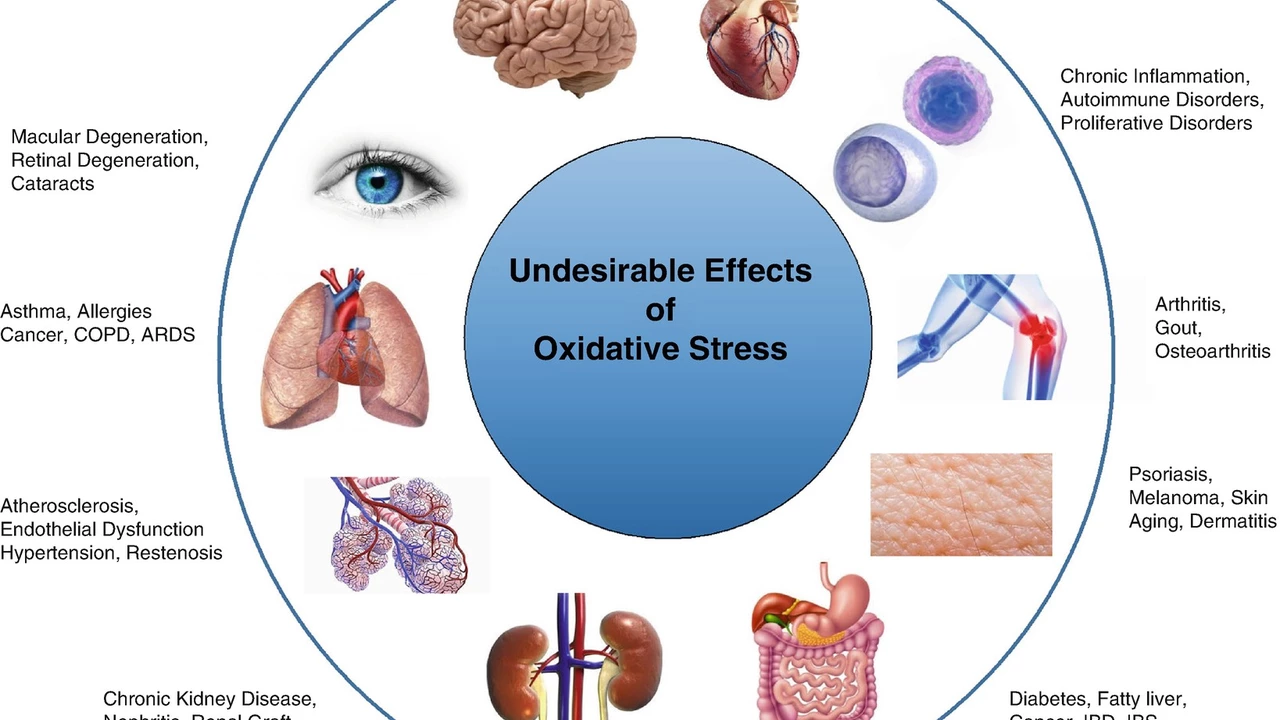Adolescents: Practical Medication & Health Tips for Teens
Many teens use medicines for acne, allergies, asthma, ADHD, or mood. That’s normal. What’s not normal is guessing doses, sharing pills, or buying meds from sketchy sites. This page gives straight, useful steps to help adolescents and parents handle medicines safely.
Safe online pharmacy habits
Buying meds online can be convenient, but pick trusted sellers. Check for a working customer-service phone number and a licensed pharmacist you can talk to. Never use sites that sell prescription drugs without asking for a valid prescription. Look up the pharmacy by name, read a few independent reviews, and prefer sites with clear shipping and return policies.
When ordering, verify the medicine by its generic name, not just the brand. Pay with a card you can dispute if something goes wrong. If the price is suspiciously low or the pills look different from what you know, stop and contact your doctor or local pharmacist.
Everyday medication safety for teens
Always follow the exact dose your healthcare provider prescribes. For liquid meds, use the measuring tool that comes with the bottle. Don’t split doses or mix meds unless your prescriber says it’s okay.
Keep a current list of all medicines, vitamins, and supplements you take. Bring that list to every doctor visit. Some common teen risks: certain antibiotics and acne medicines can upset tendons or mood; some antidepressants need close follow-up for early side effects. If you feel new or worsening mood changes, tell someone right away.
Never share prescription drugs. What helps one person can harm another. Store meds out of reach of younger siblings and away from heat or moisture. Dispose of unused or expired meds safely—many pharmacies have take-back programs.
For hormone-related issues like irregular periods or acne, doctors may suggest diet tweaks, liver-supporting nutrients, or specific treatments. Ask about realistic timelines and side effects. If you’re on thyroid meds and feel off, get labs and a review—dose adjustments are common in teens.
Asthma and motion sickness have quick options too. Know your rescue inhaler and alternatives, and carry it during sports. For travel, antihistamines or dimenhydrinate can help motion sickness—test them at home first to see how they affect focus and alertness.
Mood and mental health medicines deserve special care. If a provider suggests an antidepressant or ADHD med, discuss expected benefits, common side effects, and how you’ll monitor progress. Ask about non-drug options too—therapy, sleep, exercise, and routine matter a lot.
Finally, talk openly. Bring a parent, friend, or counselor to appointments if that helps. If you’re buying meds online, always confirm with your prescriber first. Small steps—checking a label, asking one question, keeping a list—cut risk and make medication work better for teens.

Azathioprine and Adolescents: Tips for Managing Autoimmune Conditions in Teens
Jul 21 2023 / Health and WellnessIn my latest blog post, I discuss the role of Azathioprine in managing autoimmune conditions in teenagers. I delve into how this medication works, its potential side effects, and offer tips on how to manage these. I also highlight the importance of consistent medication adherence and regular medical check-ups for adolescents dealing with these conditions. Additionally, I touch on the emotional and psychological aspects, emphasizing the need for support systems and coping strategies. Take a look if you're a parent or caregiver looking for insights on helping a teen navigate autoimmune conditions.
VIEW MORE